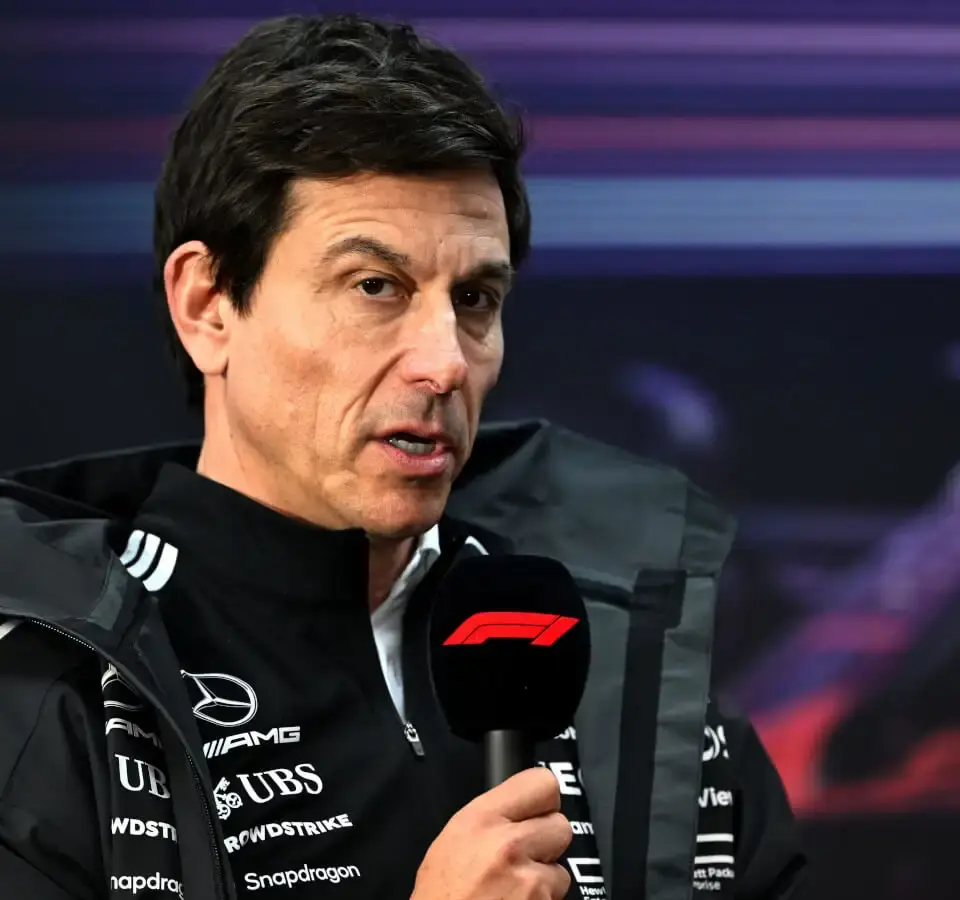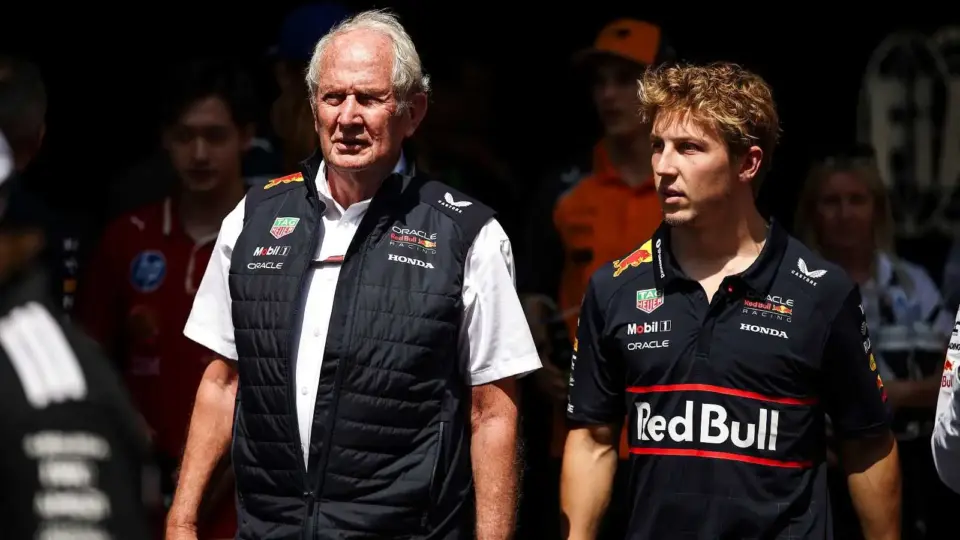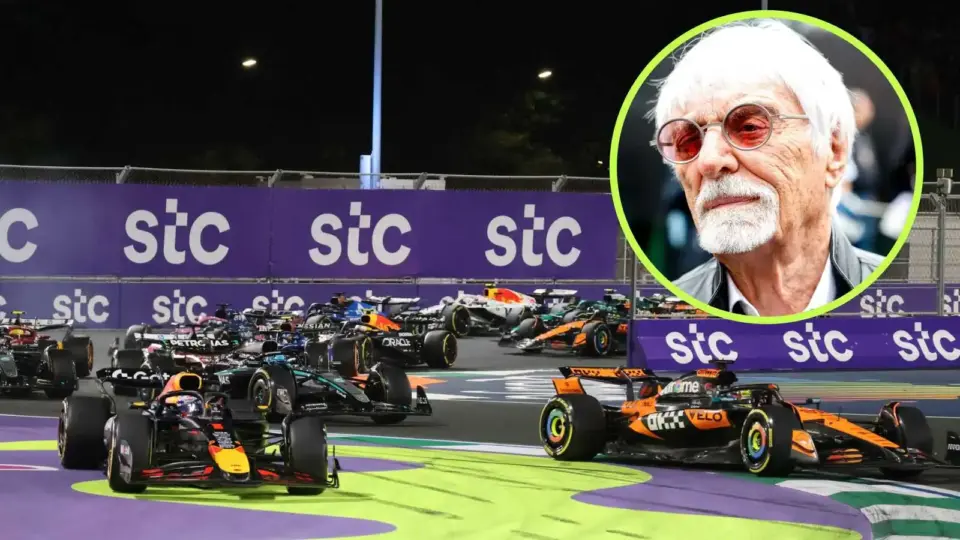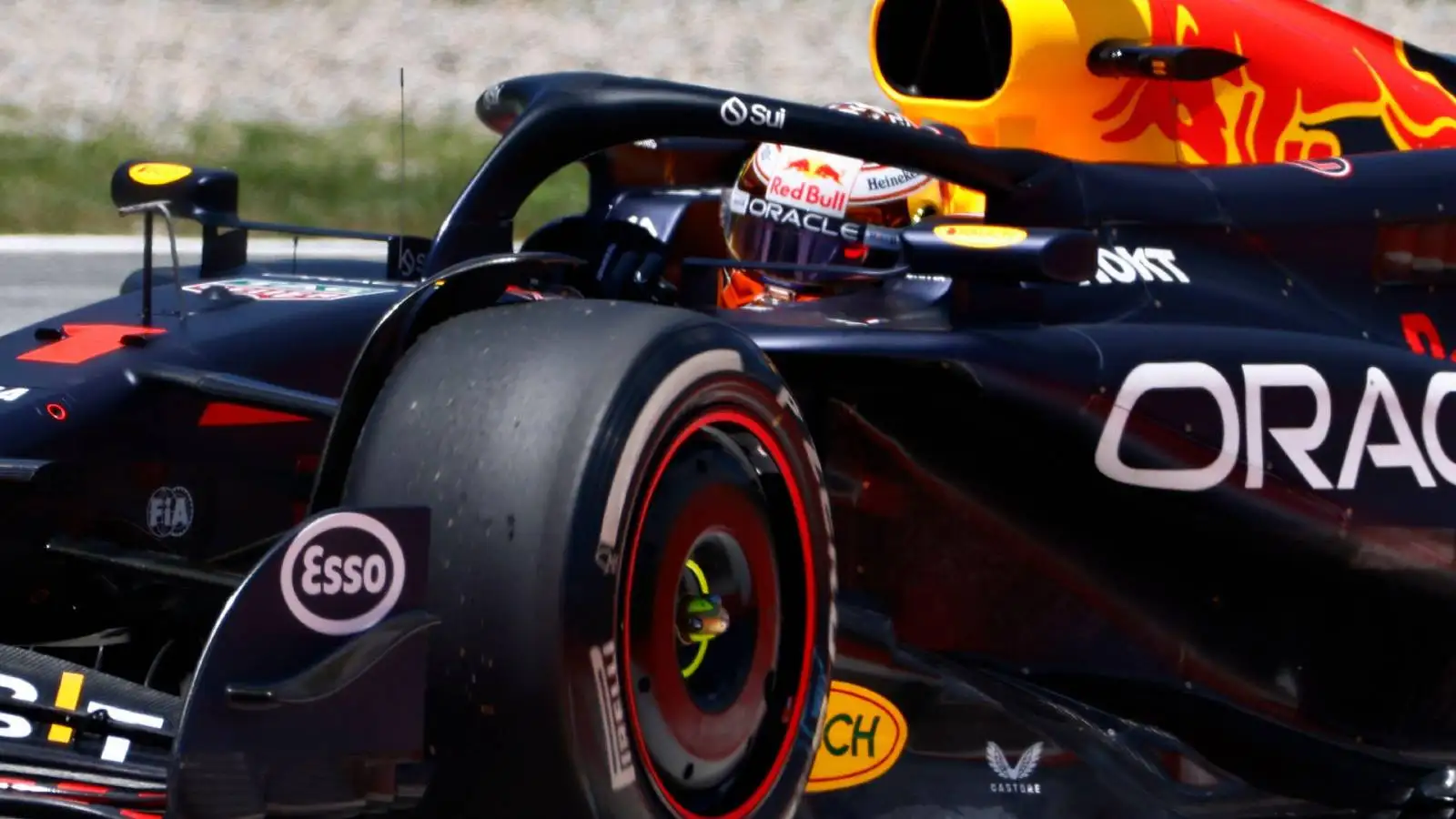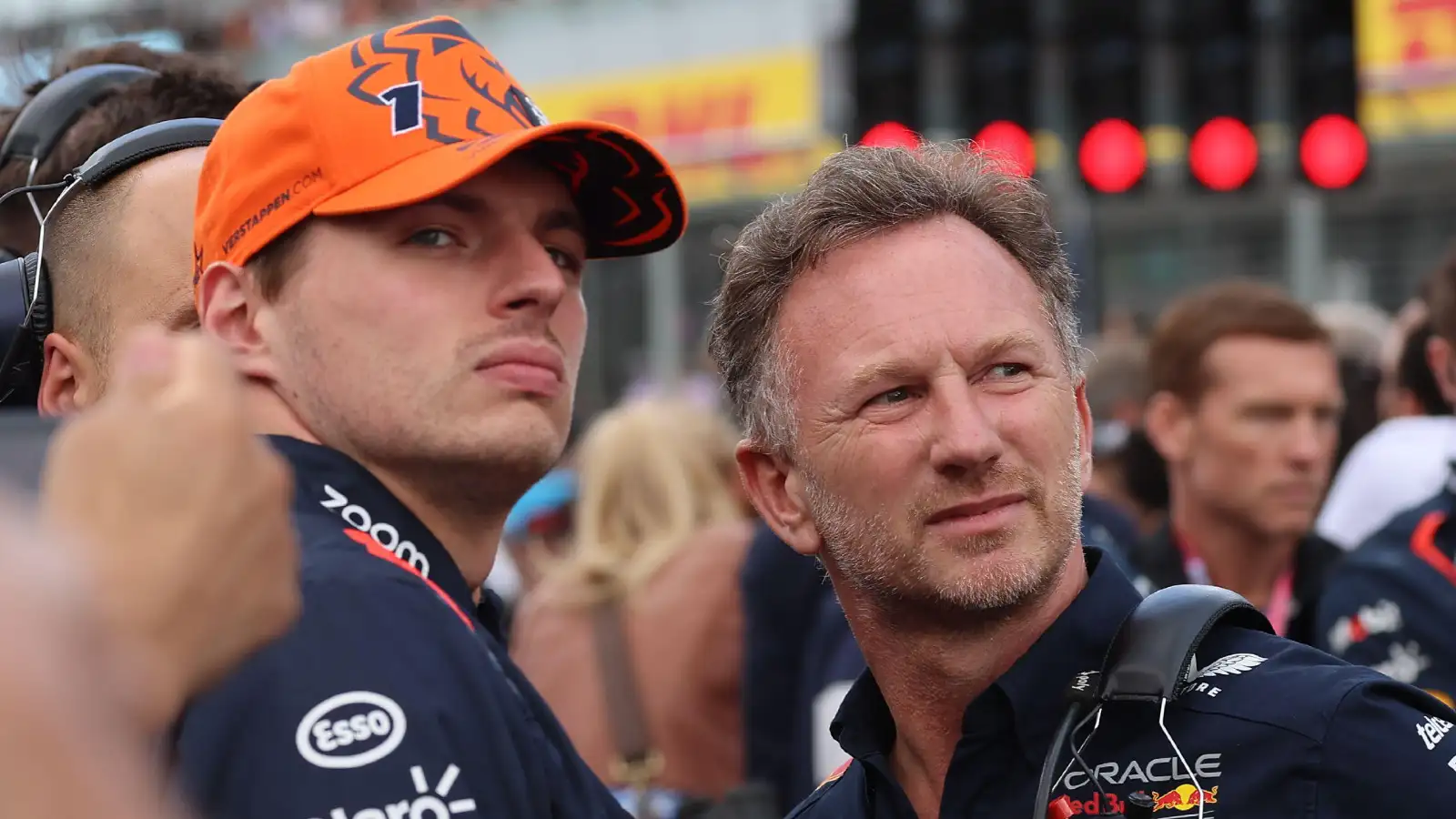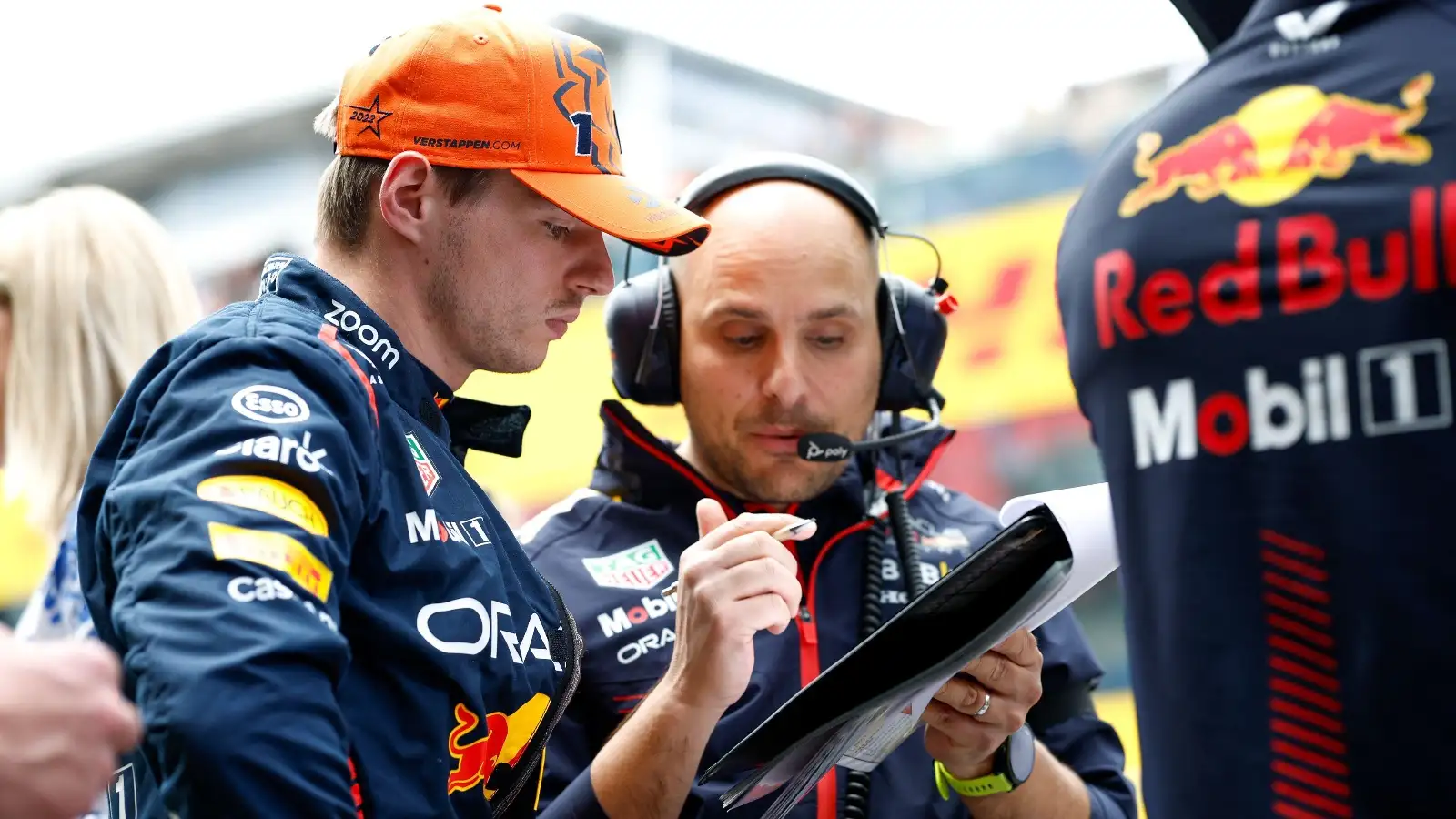In the ever-shifting landscape of global politics, Mercedes’ Toto Wolff navigates the choppy waters of Trump’s tariff policies.
- President Trump’s unpredictable tariffs are causing global economic waves, and Formula 1 is not immune.
- Mercedes’ team principal, Toto Wolff, sheds light on how these economic experiments affect the racing world.
- Despite the uncertainties, Mercedes remains largely unscathed, thanks to strong partnerships.
- The dynamic auto tariff situation has Mercedes and others in the F1 world on high alert.
Navigating the ever-shifting waters of global politics and economics can be as thrilling as a Formula 1 race. Mercedes’ team principal, Toto Wolff, finds himself analyzing the current geopolitical climate as U.S. President Donald Trump’s tariff policies continue to evolve. These tariffs, introduced on a global scale, have resulted in a complex and unpredictable economic situation.
Wolff, who has a background in finance, refers to these tariff changes as akin to watching a ‘socio-economic experiment.’ He finds it intriguing to follow the news from different perspectives, comparing reports from CNN to FOX News to make sense of the developments. His approach underscores the anxiety that many businesses worldwide are facing.
Despite the turbulence, Wolff maintains that Mercedes remains insulated from the immediate impacts. He credits the brand’s robust international partnerships, which staunchly support Formula 1, for this resilience. However, some U.S. partners have shown apprehension due to the ambiguity surrounding how these tariffs might impact their operations.
This sense of unease isn’t unique to Mercedes. Red Bull Racing’s Christian Horner shares Wolff’s sentiments, suggesting that while the situation warrants close attention, for now, it’s business as usual for their teams. Wolff’s comments reflect a broader uncertainty in an industry that must remain agile in the face of fluctuating economic policies.
As the Formula 1 community continues to monitor these developments, the sentiment remains one of caution. Wolff’s emphasis on the dynamic nature of auto tariffs reminds us that while the road ahead may be uncertain, strong alliances and strategic foresight are essential for navigating these chaotic times.
The intersection of geopolitics and sports reveals a robust Formula 1 industry ready to adapt to economic changes.
